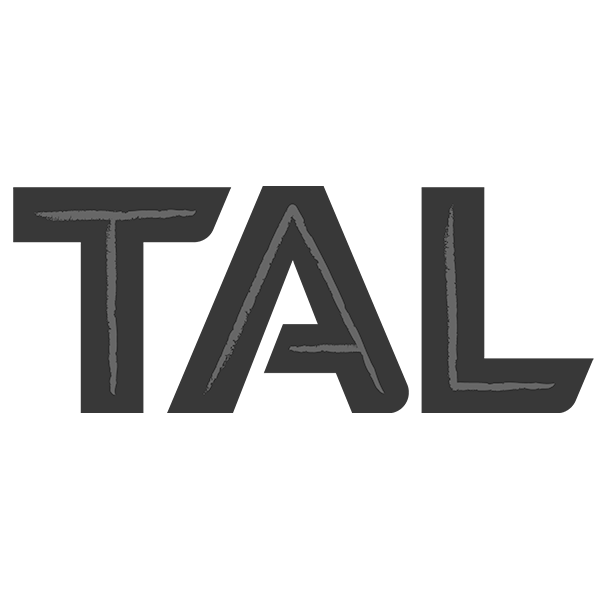A note to our competitors (& those who want to be)
Let’s start this discussion off with an honest fact:
- Every single company out there has competitors.
- So here's a note, just for ours.
A number of our professional colleagues and suppliers (and more than a handful of competitors) continually ask us, 'why we take such a visible leadership stance about diversity, inclusion and belonging in business today?
Jump Ahead
Why we do, what we do is simple
We want to do the right thing today and make sure we're found on the right side of history tomorrow (and we're good at what we do too)
- We understand and meet the needs of our diverse clients, better than you.
- We developed a purpose built Trauma Informed Framework with processes that actively seek not to re-traumatise our prospects and clients in our dealing with their sensitive information and health histories.
- We're an active and proud part of the community we serve and we're prepared to be courageous and advocate for our clients needs, so that they don't have to.
- We're bold, so we don't need to use the phrase 'LGBTI friendly' and we call out discriminative and stigmatising behaviours as and when we see them.
- We're proactive; so when we saw a need in the the greater community we built Australia's first purpose driven online specialty brand, Unusual Risks Insured specifically to meet the needs of diverse people and Australians living with complex health conditions (or hard to insure occupations) Australia wide.
- We help guide, educate and support other organisations who are committed to respecting the Human Rights of LGBTI people and their allies.
- We work with our key suppliers who want to become better corporate citizens.
- We provide a heightened level of information and personal data protection above and beyond the industry standard
- ... and importantly, not only do we really like and enjoy all our clients and supporters, we're committed to acting in their best interests.
And for those who want the business case
We believe everyone is born free and equal and deserving of respect with equal access to financial services - free of stigma, discrimination, and selective judgementalism.
- And we understand a successful modern business serves the community as well as prospers from it, and has to be up to something more than just making money.
- So we're prepared to stand up for our community and lead the change we want to see in the world around us.
Just in case you'd like to know more about our guiding philosophy and what motivates us, we thought we'd make it clear and encourage others to better understand the importance of respecting the Human Rights of everyone, and to commit to making the world a better place for our friends and families.
The effects of discrimination are not just borne by individuals but by the economy and thus by whole societies Drew Browne Founder Unusual Risks Insured
The United Nations Standards of Conduct for Business
In September 2017 the UN released a landmark standard in its global Standards of Conduct for Business - The Business Responsibility of Tackling Discrimination Against Lesbian, Gay, Bi, Trans, & Intersex People
Always:
1. Respect human rights
More specifically this means that companies “should develop policies, exercise due diligence, and remediate adverse impacts to ensure they respect human rights of LGBTI people.” They should also establish mechanisms to monitor and communicate about their compliance with human rights standards.
In the company and at the workplace:
2. Eliminate discrimination
More specifically this means that companies, “should ensure that there is no discrimination in their recruitment, employment, working conditions, benefits, respect for privacy, or treatment of harassment.”
3. Provide support
More specifically, this means that companies “should provide a positive, affirmative environment so that LGBTI employees can work with dignity and without stigma.”
In the marketplace:
4. Prevent other human rights violations
More specifically, this means that companies “ should not discriminate against LGBTI a suppliers, distributors, or customers, and should use their leverage to prevent discrimination and related abuses by their business partners.”
In society and in the communities
5. Act in the public sphere
More specifically, this means that companies “are encouraged to contribute to stopping human rights abuses in the countries in which they operate. In doing so, they should consult with local communities to identify steps they might take including public advocacy, collective action, social dialogue, support for LGBTI organisations, and challenging abusive government actions.






























